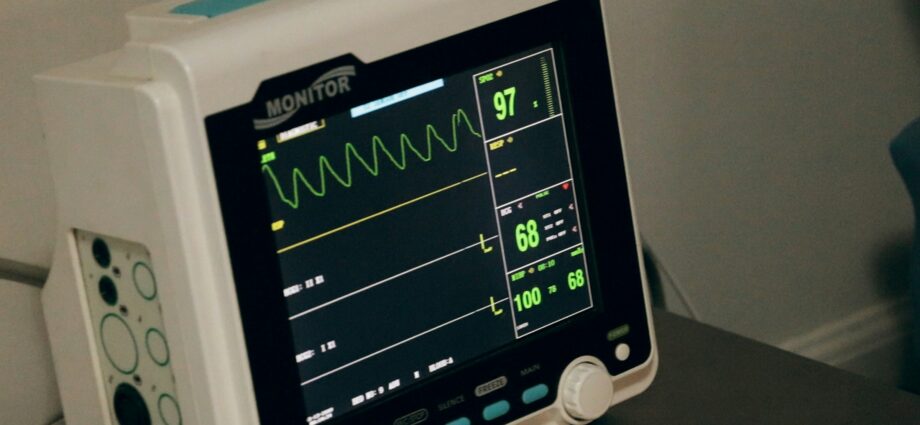
Cloudphysician’s AI technology boosts ICU capacity, reduces mortality rates, and empowers healthcare professionals
by Max Perez
July 7, 2024
A 2020 report by the World Health Organization (WHO) highlights the global shortage of qualified healthcare professionals, particularly critical care specialists, while a 2023 study published in the Journal of the American Medical Informatics Association (JAMIA) finds that the healthcare industry lags behind others in digitization.
This lack of digital adoption and shortage of qualified healthcare professionals can lead to inefficiencies and even errors in patient care all across the globe.
Cloudphysician, a health-tech company, is addressing this critical issue with a revolutionary cloud-based system. Their platform connects intensive care units (ICUs) with critical care specialists, aiming to improve patient outcomes and optimize resource utilization within ICUs.
Meet Cloudphysician
Seeing a shortage of qualified ICU specialists, doctors Dhruv Joshi and Dileep Raman founded Cloudphysician in 2017 to optimize ICU operations and ensure better patient outcomes using AI and digital tools.
Their innovative platform, RADAR, has helped them gain significant traction in the Indian market. They currently manage around 2,400 ICU beds across 230 hospitals, spanning roughly 100 cities.
“The Indian market itself has over 50,000 hospitals, and our goal is to capture 10% of this market in India,” Joshi told The Economic Times.
They have also set their sights on international expansion, targeting regions with similar needs for improved ICU management, including the United States, the Middle East, and Southeast Asia.
In 2021, Cloudphysician secured $4 million in Series A funding from Elevar Equity, and in June 2024, they announced $10.5 million in a funding round led by Peak XV Partners.
2024, they announced $10.5 million in a funding round led by Peak XV Partners.
AI Revolutionizing Critical Care
The rise of Artificial Intelligence (AI) has brought significant advancements across sectors, and critical care is no exception. Cloudphysician’s AI platform offers the following improvements to traditional ICUs:
- Boosted ICUs’ capacity by up to 50%. Cloudphysician’s AI lets you admit more complex cases 24/7, optimizing infrastructure usage.
- Studies linked to Cloudphysician suggest a potential 40% decrease in ICU mortality. That translates to one additional life saved for every 10 patients under their care.
- Cloudphysician doesn’t replace healthcare professionals, it empowers them. Clinicians gain access to over 20 hours of critical care training monthly, with weekly sessions on advanced topics to deliver exceptional care.
Looking Ahead: The Future of Critical Care
Targeting regions with limited access to specialists with AI-powered solutions could lead to a dramatic improvement in global healthcare standards and potentially save countless lives.
The impact extends beyond the technology itself. The success of these solutions fosters a global network for knowledge sharing and collaboration among healthcare providers.
As technology advances and expands its reach, this network will be crucial in accelerating the development of even more effective and efficient AI-powered ICU management solutions, ultimately benefiting patients worldwide.
While the constant monitoring of patient data in ICUs offers undeniable benefits, it raises concerns about patient privacy. However, in these critical care settings, the potential to save lives often outweighs these concerns.
Imagine a future of critical care where optimized resources, maximized efficiency, and empowered professionals wielding cutting-edge AI tools are at the core. This imminent future, driven by advancements like Cloudphysician’s technology, paints a picture of sustainability, global reach, and ultimately, lives saved.
Subscribe to our newsletter.
This article was originally published on IMPAKTER. Read the original article.


